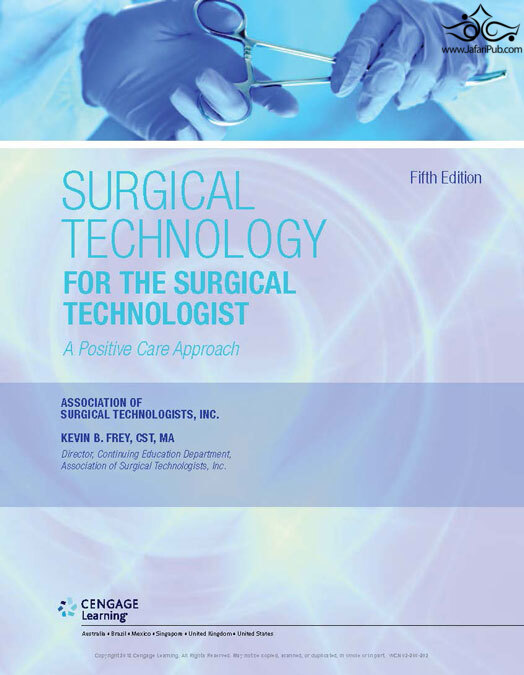Surgical Technology For The Surgical Technologist A Positive Care Approach

The soft hum of the surgical suite filled the air, punctuated by the rhythmic beeping of monitors. Sunlight streamed through a small window, illuminating dust motes dancing above the sterile field. A team of dedicated professionals, faces focused and movements precise, worked in perfect harmony, their actions guided by years of training and an unwavering commitment to patient well-being. At the heart of this orchestrated dance stood the surgical technologist, a pivotal figure ensuring the smooth flow of the procedure.
This article explores the evolving role of the surgical technologist and underscores the importance of a positive care approach in the operating room. It delves into how advancements in surgical technology are shaping the profession and highlights the critical contribution surgical technologists make to patient safety and surgical success.
A Foundation of Precision and Care
The journey of surgical technology has been one of remarkable evolution, mirroring the advancements in medical science itself. From the early days of basic instrument preparation to today's complex procedures involving robotic assistance and minimally invasive techniques, the role has continuously adapted and expanded. Surgical technologists are integral members of the surgical team.
Their primary responsibility is to assist surgeons during operations, ensuring a sterile environment and providing the necessary instruments and equipment. This requires not only technical expertise but also a deep understanding of surgical procedures, anatomy, and patient care.
The Association of Surgical Technologists (AST), a leading professional organization, defines the surgical technologist as an allied health professional who works closely with surgeons, anesthesiologists, registered nurses, and other surgical personnel. They play a vital role before, during, and after surgical procedures.
The Pre-operative Phase: Preparation is Key
The surgical technologist’s responsibilities begin long before the first incision. They meticulously prepare the operating room, ensuring all equipment is functioning correctly and that the sterile field is properly established. This includes sterilizing instruments, setting up the surgical table, and gathering all necessary supplies.
A critical aspect of pre-operative preparation is the patient’s safety. Surgical technologists must verify the patient's identity, confirm the surgical site, and ensure that all necessary documentation is complete. This thoroughness helps to prevent errors and ensures that the patient receives the correct procedure.
Beyond the technical aspects, a positive care approach is crucial during this phase. Offering a reassuring presence and communicating effectively with the patient can help alleviate anxiety and build trust. A gentle smile and a few kind words can go a long way in easing a patient's fears.
Intra-operative Excellence: The Heart of the Procedure
During the surgical procedure, the surgical technologist is the surgeon's right hand. They anticipate the surgeon's needs, passing instruments and supplies with precision and efficiency. They also maintain a sterile field, ensuring that no contamination occurs.
With the rise of advanced surgical techniques, surgical technologists must possess a comprehensive understanding of complex equipment, such as laparoscopic instruments, robotic systems, and laser technology. They are often responsible for troubleshooting equipment malfunctions and ensuring that everything runs smoothly.
In high-pressure situations, the ability to remain calm and focused is paramount. Surgical technologists must be able to think critically and react quickly to unexpected events. Clear communication and teamwork are essential to maintaining a safe and efficient surgical environment.
Post-operative Care: Ensuring a Smooth Recovery
The surgical technologist's role extends beyond the operating room. After the procedure, they assist with cleaning and sterilizing instruments, preparing the operating room for the next patient, and documenting the procedure. This also includes assisting in the transfer of the patient to the post-anesthesia care unit (PACU).
They are also responsible for disposing of hazardous waste properly and ensuring that all safety protocols are followed. Attention to detail and adherence to strict infection control measures are crucial in preventing post-operative complications.
A positive care approach during the post-operative phase involves ensuring the patient’s comfort and safety as the operating room is prepared for the next case. A calm and efficient demeanor helps everyone involved in the surgical process.
The Impact of Technology
Advances in surgical technology are continuously reshaping the role of the surgical technologist. From robotic surgery to minimally invasive techniques, these innovations require specialized training and expertise. Embracing these advancements is essential for surgical technologists to remain at the forefront of their profession.
Robotic surgery, for example, allows surgeons to perform complex procedures with greater precision and control. Surgical technologists who are trained in robotic surgery assist with setting up the robotic system, positioning the patient, and passing instruments to the surgeon. They must also have a thorough understanding of the robot's capabilities and limitations.
Minimally invasive surgery, another significant advancement, involves making small incisions to access the surgical site. This technique reduces pain, scarring, and recovery time for patients. Surgical technologists working in minimally invasive surgery must be proficient in handling specialized instruments, such as laparoscopes and endoscopes. They must also be familiar with the use of imaging technology to guide the surgeon.
Cultivating a Positive Care Approach
While technical skills are essential, a positive care approach is equally important for surgical technologists. This involves treating patients with empathy, respect, and compassion. It also involves communicating effectively with patients and their families, providing emotional support, and advocating for their well-being.
Empathy is the ability to understand and share the feelings of another person. Surgical technologists who are empathetic can connect with patients on a deeper level, building trust and rapport. This can help alleviate anxiety and improve the patient's overall experience.
Respect involves treating patients with dignity and valuing their opinions. Surgical technologists should always listen attentively to patients' concerns and address their questions in a clear and respectful manner. They should also respect patients' cultural beliefs and values.
Compassion is the feeling of concern for another person's suffering. Surgical technologists who are compassionate go the extra mile to ensure that patients are comfortable and cared for. This might involve offering a warm blanket, providing emotional support, or simply lending a listening ear.
Building a positive rapport with patients can profoundly impact their experience. Small gestures, like introducing yourself, explaining the process, and maintaining a calm demeanor, can significantly reduce anxiety. Acknowledging their fears and offering reassurance can create a more supportive and comforting environment.
According to a study published in the Journal of PeriAnesthesia Nursing, patients who feel supported and cared for by their surgical team experience less pain and anxiety, and have a faster recovery. This highlights the importance of a positive care approach in improving patient outcomes.
The Future of Surgical Technology
The field of surgical technology is constantly evolving, and the demand for skilled surgical technologists is expected to grow in the coming years. As technology continues to advance, surgical technologists will need to adapt and acquire new skills. Continuous learning and professional development are essential for staying current in this dynamic field.
One area of growth is in specialized surgical settings, such as cardiac surgery, neurosurgery, and orthopedic surgery. These specialties require advanced training and expertise in specific surgical procedures and equipment. Surgical technologists who specialize in these areas can command higher salaries and enjoy greater career opportunities.
Furthermore, the increasing emphasis on patient safety and quality of care will drive demand for surgical technologists who are committed to excellence. Surgical technologists who possess strong technical skills, a positive care approach, and a commitment to lifelong learning will be well-positioned for success in the future.
The Bureau of Labor Statistics projects strong growth for surgical technologists, emphasizing the importance of formal training and certification. As healthcare evolves, so too will the role of the surgical technologist, demanding a blend of technical expertise and compassionate care.
Conclusion
The role of the surgical technologist is far more than just a technical one; it is a crucial element in delivering safe, efficient, and compassionate surgical care. As technology advances and surgical procedures become more complex, the surgical technologist's expertise and dedication will become even more vital.
By embracing a positive care approach and continuously seeking to improve their skills, surgical technologists can make a profound difference in the lives of their patients. Their commitment to excellence ensures a smoother, safer, and more positive surgical experience for everyone involved.
The sterile environment of the operating room may seem cold and clinical, but it is the warmth and compassion of the surgical team, especially the surgical technologist, that truly makes a difference. It is in these moments of focused dedication and genuine care that the true essence of healthcare shines through.
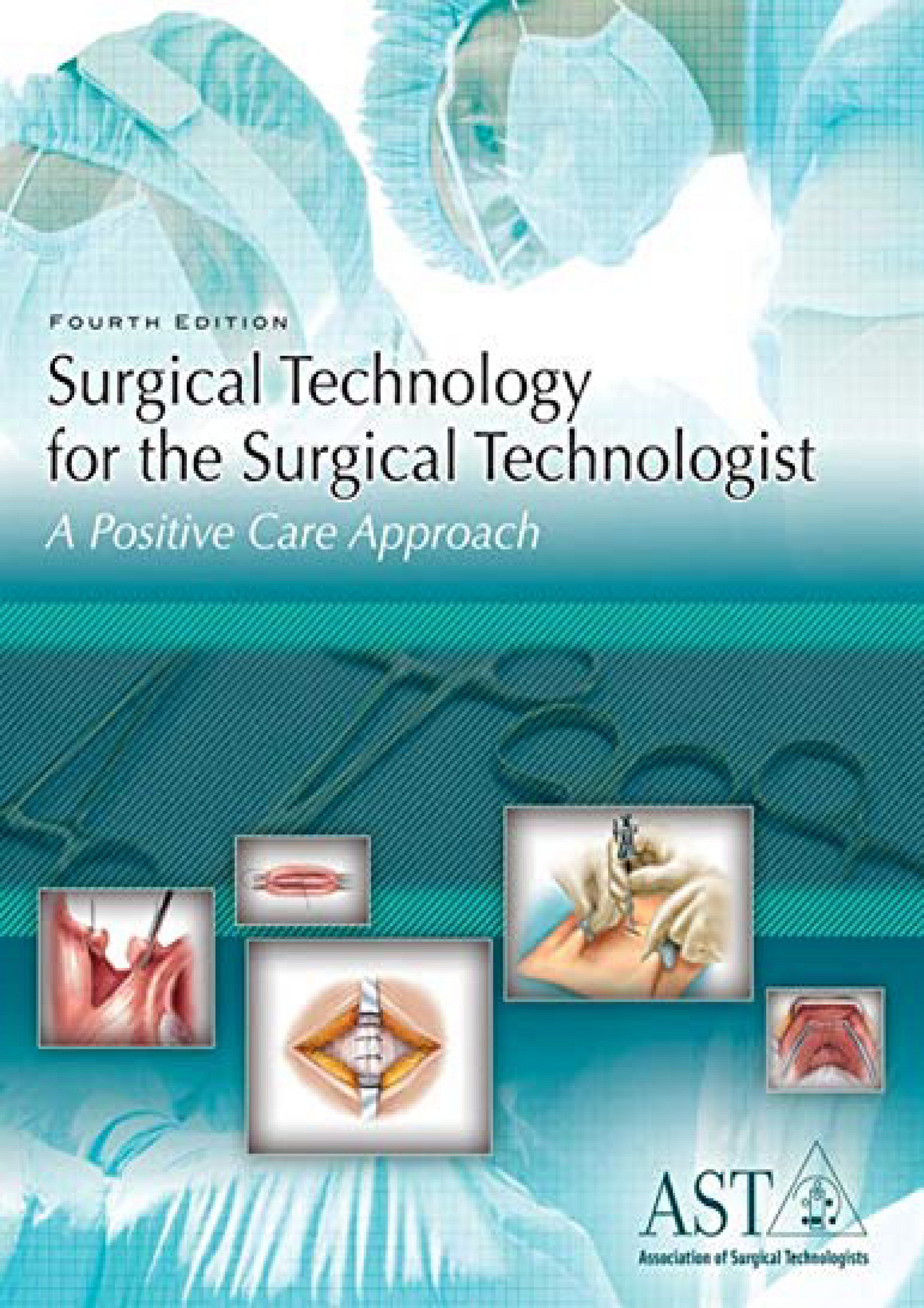


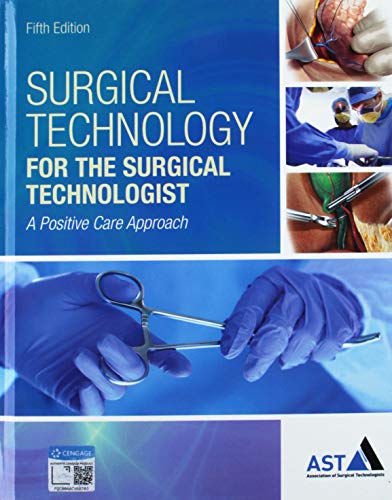

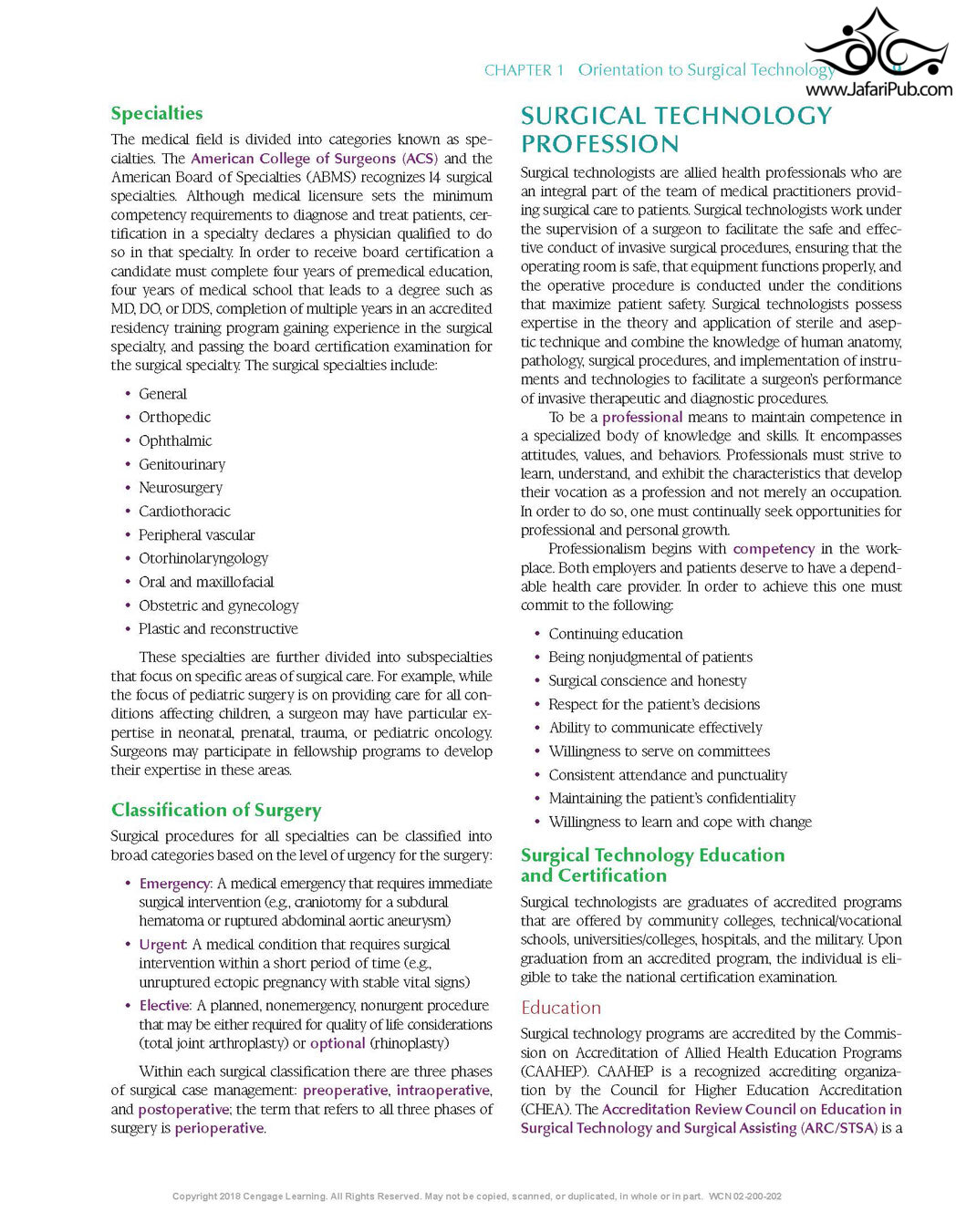
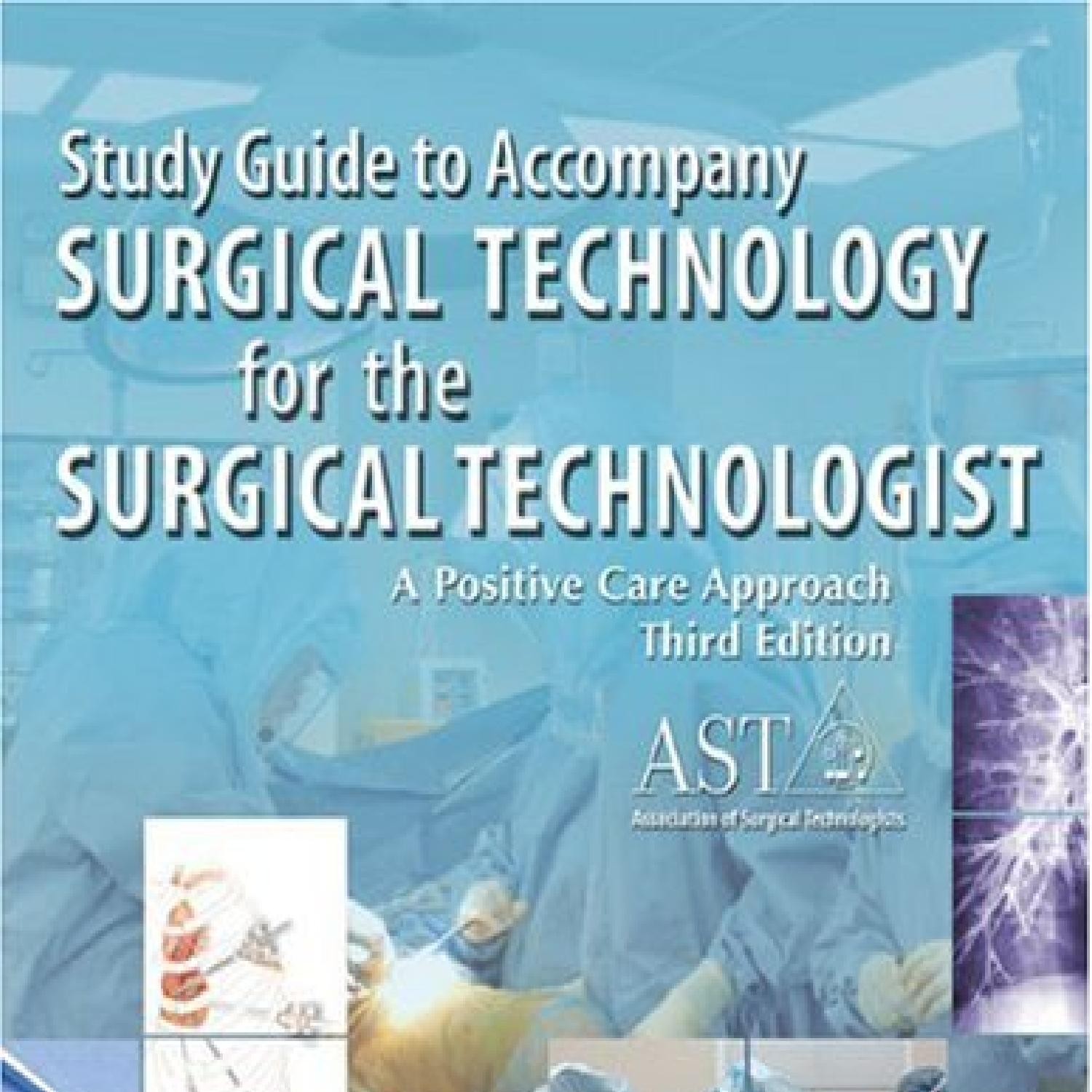






![Surgical Technology For The Surgical Technologist A Positive Care Approach READ [EBOOK] Surgical Technology for the Surgical Technologist A](https://www.yumpu.com/en/image/facebook/66604568.jpg)
